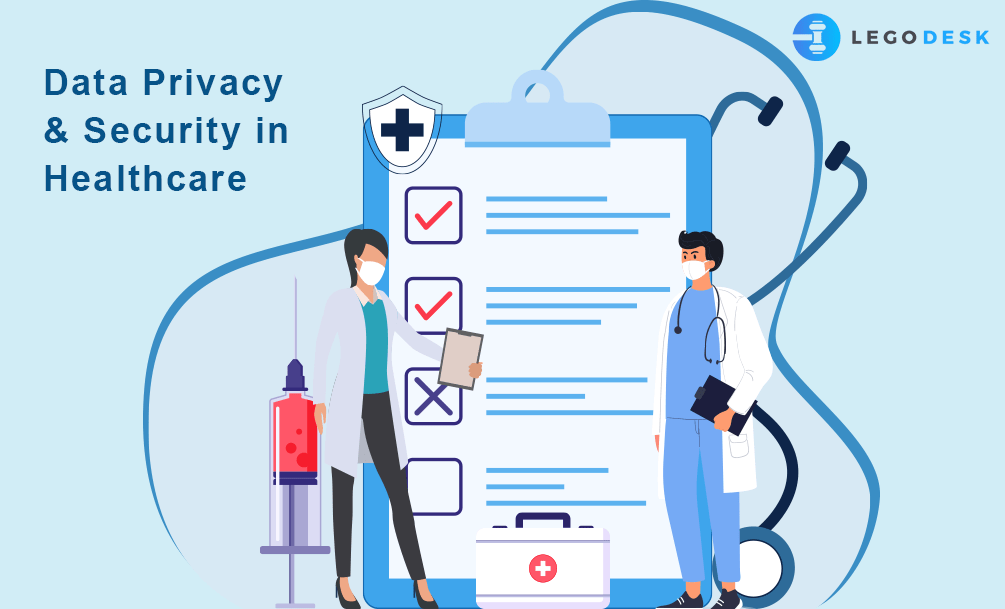HIPAA compliance for companies – What it means
Digitization of health records of patient data to enable its proper storage and use is the goal of the Health Insurance Portability and Accountability Act (HIPAA) introduced in 1996 in the US. This is in tune with the modernization of the healthcare services and health insurance as complete health information is now available online, which ensures better management and delivery of healthcare services. Although the act aims to make healthcare insurance safer, it only applies to the healthcare sector. Instead, the Act applies to all types of business organizations that offer some healthcare cover to their employees and is the business owner’s responsibility. For example, HIPAA Compliance for IT companies are as relevantas it is for any other business organization.

Why must companies be HIPAA compliant?
It might appear that companies are exempt from HIPAA regulations, but the health plan of employees would make it mandatory to comply with the HIPAA requirements. Since the company is responsible for administering the health plan, there is no clear legal demarcation to draw a line between the plan and the company representatives who work to administer the plan. It is now clear that companies that sponsor a health plan for their employees become automatically responsible for ensuring that proper HIPAA protection is in place.
Read Also – 6 Key Responsibilities of a General Counsel Attorney
HIPAA privacy regulations
Complying with the HIPAA regulations would mean many hard works for companies that must be aware of the rules’ various facets, mainly related to privacy and security protection. The Privacy Rule sets the Standards for Privacy of Individually Identifiable Health Information that forms a national benchmark.
The Privacy Rule’s primary goal is to ensure the proper protection of individuals’ health information. On the other hand, it also allows the sharing of health information necessary to provide and promote high-quality healthcare that leads to the protection of public health and well-being.
Read Also – Coronavirus Act 2020
Companies must create SOPs for adopting and implementing privacy policies and procedures according to the rules under the guidance of an appointed Privacy Officer. They must train employees who can access PHI for purposes other than healthcare operations and payment and disclose only the minimum necessary PHI.
Read Also – Criminal Breach of Trust
Requirements for Security
The HIPAA rules elaborately state the Security requirements for protecting all health data of individuals. Companies must comply with all requirements to ensure that they remain on the right side of the law. The company must appoint a Security Officer responsible for implementing security policies and procedures to ensure proper protection of data and prevent data breaches of any kind. The Security Office must identify the potential risks and vulnerabilities and the aspects of integrity, confidentiality, and availability of data by undertaking a Risk Assessment exercise. The Security Officer must formulate appropriate sanctions for employees who fail to violate the policies and procedures.
Read Also – Article 47 of the Indian Constitution
HIPAA compliance by companies helps to meet employees’ expectations who entrust the company with all personal information. The compliance makes them feel that their personal data is in safe hands with the least possibility of misuse by any source.